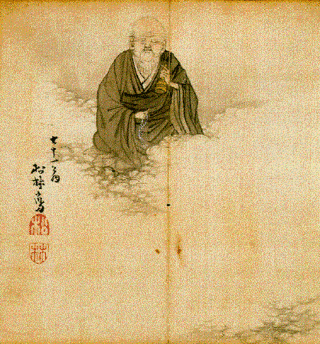Puhua - Where to Stay?
Puhua - Transport
Puhua - Where to visit near?
Perhaps, you will be Interested ...

Puhua - Legendary Chinese Zen master
"Zhenzhou Puhua, also called P'u-k'o, and best known by his Japanese name, Fuke, was a Chinese Chán (Zen) master, monk-priest, wanderer and eccentric, mentioned in the Record of Linji. Fuke was used to create a legend for the komusō samurai-monks that appeared in Edo-period Japan. They used their self-named Fuke Zen to establish a constructed connection to Japanese Rinzai Zen Buddhism in the 17th or 18th century. The legend is written in the Kyotaku Denki (虚鐸伝記), first published in 1795 together with a "Japanese Translation" of the "original" in literary Chinese (kanbun). The original text may have been written in the middle of the 17th century, but there are no historic texts to support this. For the komusō (虚無僧) samurai-monks, he was considered the traditional antecedent—at least in spiritual, mythological, or philosophical terms—of their order, which was formally established in Edo Japan. It is possible that the ideological roots of the sect derived from the Rinzai poet and iconoclast Ikkyū and the monk Shinchi Kakushin (心地覺心) who traveled to and from China and Japan in the 13th century. Still, according to some accounts, the sect is simply a more direct derivative of the Rinzai school and its teachings. - Wikipedia"
ΛTop